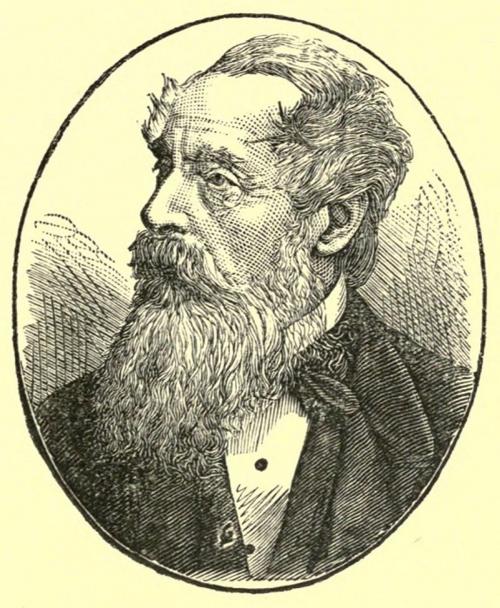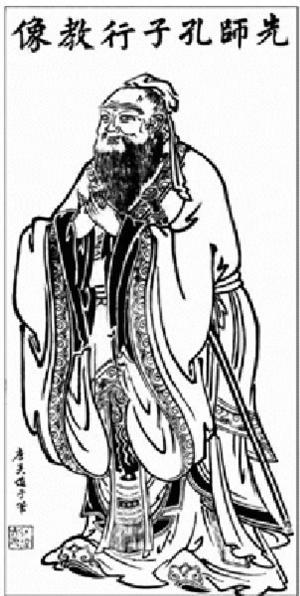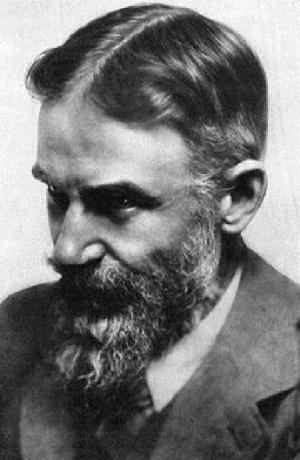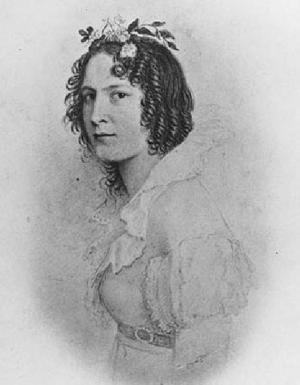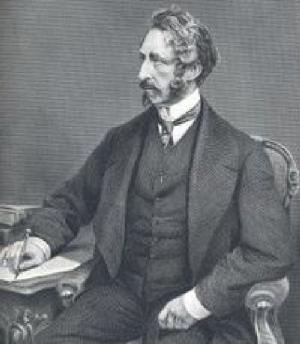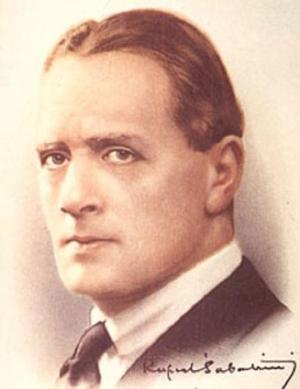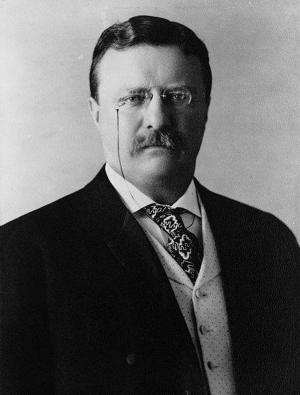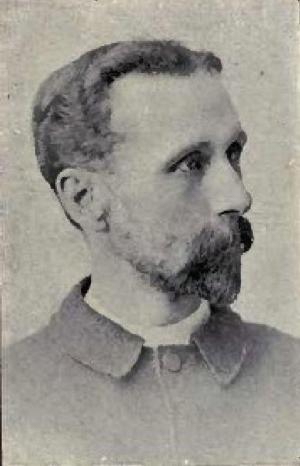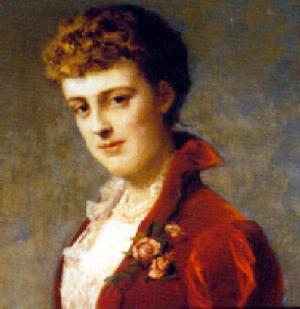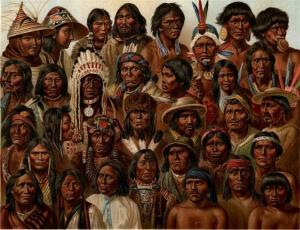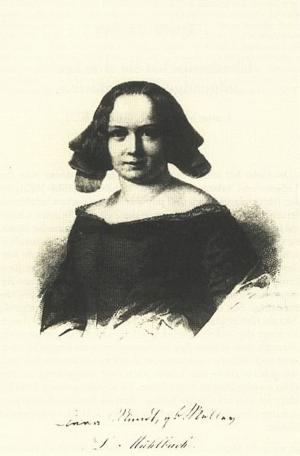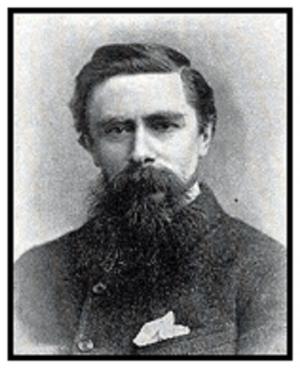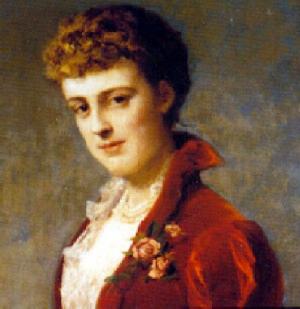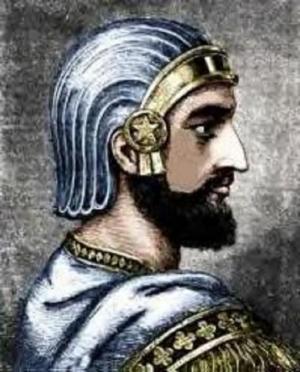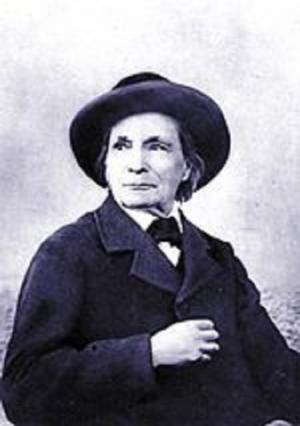Janet McLaren, the Faithful Nurse
Fiction & Literature, Classics, Kids, Teen, General Fiction, Fiction| Author: | Kingston, W.H.G. | ISBN: | 9781455390175 |
| Publisher: | B&R Samizdat Express | Publication: | June 10, 2015 |
| Imprint: | Quench Editions | Language: | English |
| Author: | Kingston, W.H.G. |
| ISBN: | 9781455390175 |
| Publisher: | B&R Samizdat Express |
| Publication: | June 10, 2015 |
| Imprint: | Quench Editions |
| Language: | English |
The Morrison family lose both parents in an epidemic. One little girl, Margaret, and two little boys, David and Donald are left. There is an old woman who has been a nurse in the family. There appear to be no resources, and after selling up what there is, all rather too well-used to fetch much money, old Janet takes the children to a big town on the East coast of Scotland, where she rents a single garret room, and settles in. She can send the boys to school, where they do well, but she wishes to do what she can, despite her own limited ability, for Margaret, at home. The boys do extremely well in their classes, winning books as prizes. A boy called Alec Galbraith beats Donald to first place, but David comes top in his class. Margaret has an illness, and is recommended sea bathing to help her recovery. She almost drowns, and is saved by a boy whom few recognise, but who turns out to be Alec. Poor old Janet labours away to bring up these children. Alec, now grown up, goes to Canada, and in due course the boys follow him. The rest of the book deals with what happens there, and how they lose touch with one another for a while, and then regain it under strange circumstances. According to Wikipedia: "William Henry Giles Kingston (28 February 1814 - 5 August 1880), writer of tales for boys, was born in London, but spent much of his youth in Oporto, where his father was a merchant. His first book, The Circassian Chief, appeared in 1844. His first book for boys, Peter the Whaler, was published in 1851, and had such success that he retired from business and devoted himself entirely to the production of this kind of literature, in which his popularity was deservedly great; and during 30 years he wrote upwards of 130 tales, including The Three Midshipmen (1862), The Three Lieutenants (1874), The Three Commanders (1875), The Three Admirals (1877), Digby Heathcote, etc. He also conducted various papers, including The Colonist, and Colonial Magazine and East India Review. He was also interested in emigration, volunteering, and various philanthropic schemes. For services in negotiating a commercial treaty with Portugal he received a Portuguese knighthood, and for his literary labours a Government pension."
The Morrison family lose both parents in an epidemic. One little girl, Margaret, and two little boys, David and Donald are left. There is an old woman who has been a nurse in the family. There appear to be no resources, and after selling up what there is, all rather too well-used to fetch much money, old Janet takes the children to a big town on the East coast of Scotland, where she rents a single garret room, and settles in. She can send the boys to school, where they do well, but she wishes to do what she can, despite her own limited ability, for Margaret, at home. The boys do extremely well in their classes, winning books as prizes. A boy called Alec Galbraith beats Donald to first place, but David comes top in his class. Margaret has an illness, and is recommended sea bathing to help her recovery. She almost drowns, and is saved by a boy whom few recognise, but who turns out to be Alec. Poor old Janet labours away to bring up these children. Alec, now grown up, goes to Canada, and in due course the boys follow him. The rest of the book deals with what happens there, and how they lose touch with one another for a while, and then regain it under strange circumstances. According to Wikipedia: "William Henry Giles Kingston (28 February 1814 - 5 August 1880), writer of tales for boys, was born in London, but spent much of his youth in Oporto, where his father was a merchant. His first book, The Circassian Chief, appeared in 1844. His first book for boys, Peter the Whaler, was published in 1851, and had such success that he retired from business and devoted himself entirely to the production of this kind of literature, in which his popularity was deservedly great; and during 30 years he wrote upwards of 130 tales, including The Three Midshipmen (1862), The Three Lieutenants (1874), The Three Commanders (1875), The Three Admirals (1877), Digby Heathcote, etc. He also conducted various papers, including The Colonist, and Colonial Magazine and East India Review. He was also interested in emigration, volunteering, and various philanthropic schemes. For services in negotiating a commercial treaty with Portugal he received a Portuguese knighthood, and for his literary labours a Government pension."
